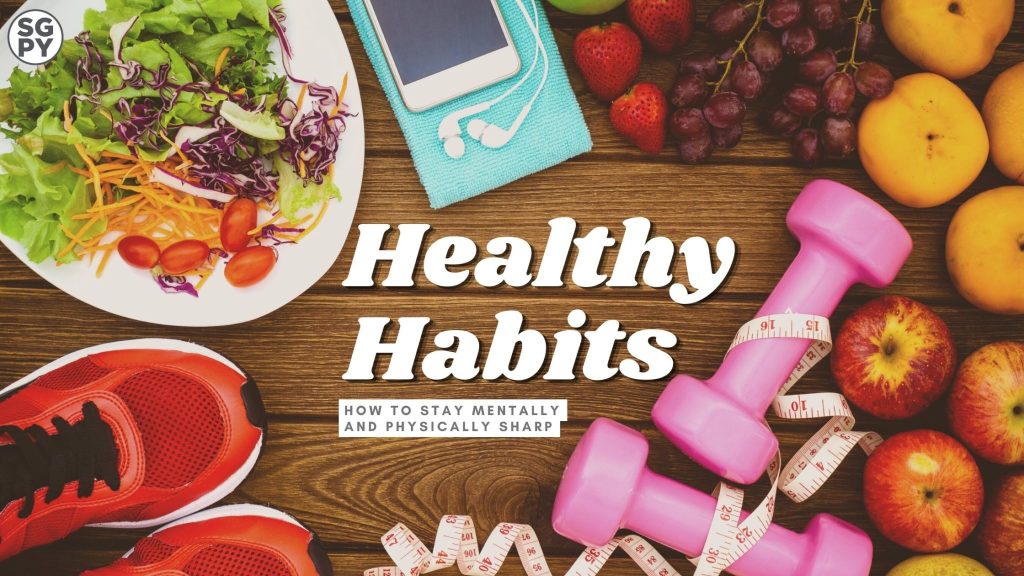Physical wellness and mental health are often viewed as separate entities, but the reality is that they are closely interconnected. Mental health plays an important role in physical wellness, and neglecting one can have a detrimental impact on the other. In this article, we will explore the relationship between mental health and physical wellness, and discuss ways to prioritize mental health in order to improve overall well-being.
Mental health refers to our emotional, psychological, and social well-being. It encompasses how we think, feel, and act, and influences how we handle stress, relate to others, and make choices. Mental health is just as important as physical health, and the two are deeply intertwined.
Research has shown that mental health issues can have a direct impact on physical health. For example, individuals with depression are more likely to experience chronic pain, fatigue, and heart disease. Anxiety can lead to digestive issues, headaches, and insomnia. Stress can weaken the immune system and increase the risk of illness.
Conversely, physical health issues can also affect mental health. Chronic conditions such as diabetes, arthritis, and cancer can increase feelings of depression and anxiety. Chronic pain can lead to fatigue, irritability, and difficulty concentrating. Physical limitations can impact self-esteem and quality of life.
The relationship between mental health and physical wellness is complex and multidimensional. Here are some ways in which mental health influences physical wellness:
1. Stress and the Immune System: Chronic stress can weaken the immune system, making individuals more vulnerable to illness and disease. High levels of stress can increase inflammation in the body, leading to a host of health issues such as heart disease, diabetes, and autoimmune disorders. Managing stress through mindfulness, relaxation techniques, and self-care practices can improve physical health and overall well-being.
2. Anxiety and Digestive Health: Anxiety can impact the digestive system, leading to issues such as irritable bowel syndrome (IBS), acid reflux, and ulcers. Chronic anxiety can disrupt the balance of gut bacteria, impair digestion, and worsen symptoms of gastrointestinal disorders. Cognitive-behavioral therapy (CBT) and relaxation exercises can help alleviate anxiety and improve digestive health.
3. Depression and Chronic Pain: Depression is commonly associated with chronic pain conditions such as fibromyalgia, back pain, and migraines. The relationship between depression and pain is bidirectional, with each exacerbating the other. Treating depression with therapy, medication, and lifestyle changes can help alleviate pain and improve physical function.
4. Social Isolation and Cardiovascular Health: Social isolation and loneliness have been linked to an increased risk of heart disease and stroke. A lack of social connection can lead to elevated levels of stress hormones, high blood pressure, and inflammation, all of which are risk factors for cardiovascular disease. Building strong social connections through supportive relationships, community involvement, and volunteering can promote heart health and overall well-being.
5. Self-Esteem and Physical Activity: Low self-esteem and negative body image can hinder physical wellness by discouraging individuals from engaging in physical activity. Regular exercise is essential for maintaining a healthy weight, improving cardiovascular health, and boosting mood. Building self-confidence through therapy, self-care practices, and positive affirmations can help individuals feel more motivated and empowered to take care of their physical health.
In order to achieve optimal well-being, it is important to prioritize mental health alongside physical health. Here are some strategies to promote mental health and enhance physical wellness:
1. Practice Mindfulness and Meditation: Mindfulness and meditation practices can help reduce stress, anxiety, and depression, while promoting relaxation and emotional resilience. Taking a few minutes each day to focus on the present moment can improve mental clarity, emotional stability, and overall well-being. Mindfulness techniques such as deep breathing, body scanning, and guided imagery can be integrated into daily routines to enhance mental health.
2. Seek Professional Help: If you are struggling with mental health issues such as depression, anxiety, or trauma, it is important to seek help from a mental health professional. Therapy, medication, and support groups can provide effective treatment for a wide range of mental health conditions. A therapist or counselor can offer guidance, validation, and encouragement to help you navigate challenges and build coping skills.
3. Stay Active: Regular physical activity is essential for maintaining good physical and mental health. Exercise has been shown to improve mood, reduce anxiety, and boost self-esteem. Engaging in activities such as walking, jogging, yoga, or dancing can increase energy levels, enhance sleep quality, and promote overall well-being. Find an exercise routine that you enjoy and that fits your lifestyle to ensure consistency and long-term success.
4. Connect with Others: Building strong social connections is crucial for mental health and physical wellness. Loneliness and social isolation can have negative effects on both emotional and physical health. Make an effort to reach out to friends, family members, or support groups for social interaction, companionship, and emotional support. Engaging in activities with others can boost mood, reduce stress, and enhance overall well-being.
5. Practice Self-Care: Self-care is essential for maintaining mental health and physical wellness. Taking time to prioritize your needs, engage in activities that bring you joy, and nourish your body and mind can help reduce stress, improve mood, and enhance overall well-being. Some self-care practices include practicing gratitude, taking a bath, reading a book, or enjoying a hobby. Find activities that rejuvenate and replenish you to enhance your mental health and physical wellness.
In conclusion, mental health plays a key role in physical wellness, and neglecting one can have a detrimental impact on the other. By prioritizing mental health through mindfulness, professional help, physical activity, social connection, and self-care, individuals can improve overall well-being and enhance their quality of life. Remember that mental health and physical wellness are interconnected, and taking care of both is essential for optimal health and happiness.

